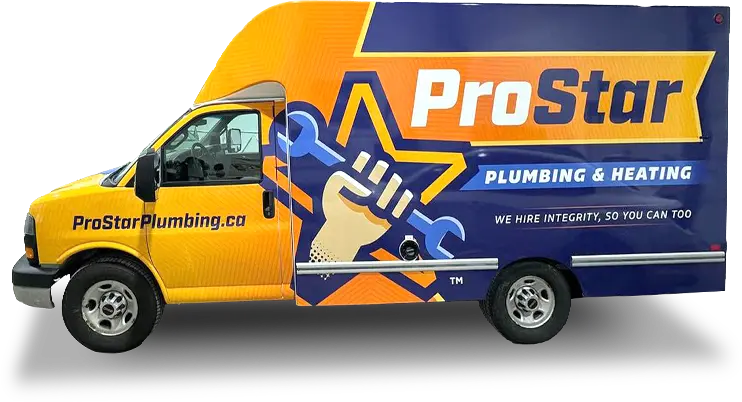Plumbing normally works without issues, and with complete reliability for decades. That’s because the technology behind it is simple, well-understood, and the workmanship and materials used for plumbing are built to last.
But that doesn’t mean that plumbing will last forever, or always work at peak levels of efficiency. Things can and do go wrong for a variety of different reasons. Some plumbing emergencies are more common than others, but we’ve got some tips to help you avoid these issues.
Leaky Fixtures
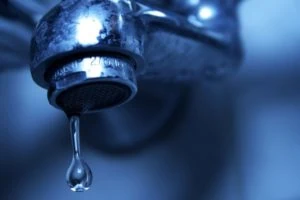 Probably the least serious of the threats to your plumbing that will appear on this list. That doesn’t mean, however, that a plumbing leak is harmless.
Probably the least serious of the threats to your plumbing that will appear on this list. That doesn’t mean, however, that a plumbing leak is harmless.
In addition to the irritation it can cause in a home from the incessant dripping, it adds up on your water bill as well.
Leak prevention is normally a simple matter of just making sure that taps on faucets are properly shut.
But if a leak is still occurring despite this, you may need to replace either the O-ring or the washer inside the fixture. Both of these parts are small, cheap, and designed to be easily switched out, so get a wrench and get these parts to see if that doesn’t do the trick.
Drains That Are Blocked
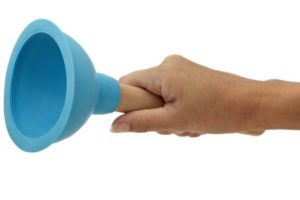 If you’re proactive about your plumbing, you are unlikely to be at risk from this emergency. A blocked drain usually occurs when matter—it could be food in a kitchen sink, or hair in a bathroom sink or tub—doesn’t flow down the pipe and into the sewer.
If you’re proactive about your plumbing, you are unlikely to be at risk from this emergency. A blocked drain usually occurs when matter—it could be food in a kitchen sink, or hair in a bathroom sink or tub—doesn’t flow down the pipe and into the sewer.
Instead, the matter gets caught in the pipe, and gradually catches other matter, building up. You’ll get an early warning that a blocked drain is on the way when you experience a “slow drain,” which is just water emptying out of a sink at a slower rate than normal.
The careful, minimal use of drain cleaners can clear up small, partial blockages before they get serious. Never go all out with drain cleaners, as these are corrosives that can actively break very old pipes, and even melt or warp modern PVC pipes if too much is used. Mechanical solutions like plungers and plumber snakes are good for prevention too.
Toilets That Overflow
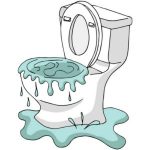 It usually takes something quite drastic to block the pipe of a toilet so that flushing causes it to back up and overflow onto the floor.
It usually takes something quite drastic to block the pipe of a toilet so that flushing causes it to back up and overflow onto the floor.
The easiest way to avoid this is to respect the design requirements of your toilet. It is supposed only to flush down human waste and toilet paper.
Even paper towels from the kitchen can block a pipe because they weren’t designed to break down in water the way toilet paper does.
Everything from needles to disposable diapers have been flushed down toilets, and these can block the pipe!
A Pipe That Bursts
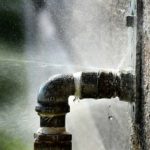 This one can be a major hazard in winter in Canada. It’s not uncommon for a water pipe to burst because the temperatures dropped too low, causing the water in the pipe to freeze.
This one can be a major hazard in winter in Canada. It’s not uncommon for a water pipe to burst because the temperatures dropped too low, causing the water in the pipe to freeze.
That freezing into ice expands in the pipe, then causes the pipe to break. Insulate any pipes that are in danger of freezing from exposure.
Plumbing in Calgary, AB usually works without issues. But you can help to make sure your plumbing continues in that way by not abusing your system and keeping it in good shape.

